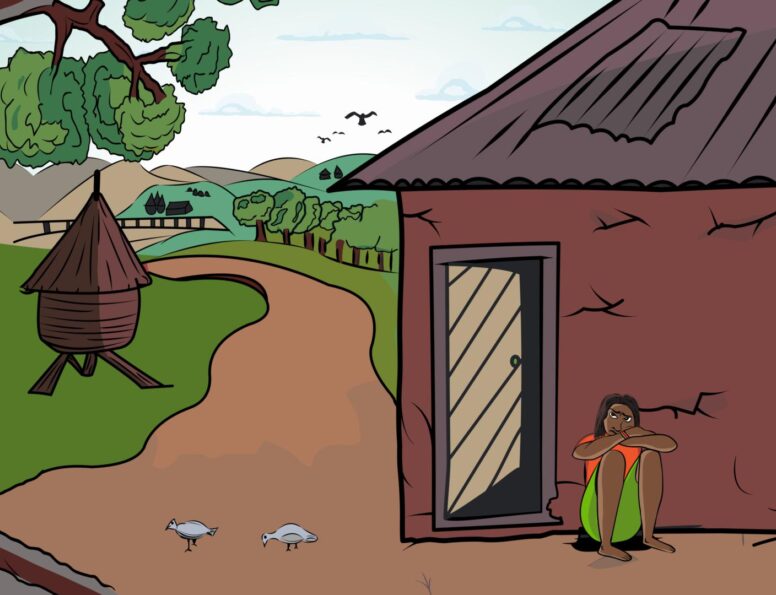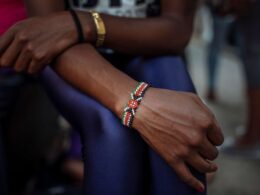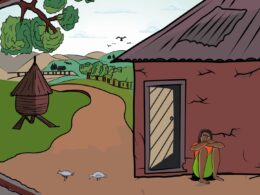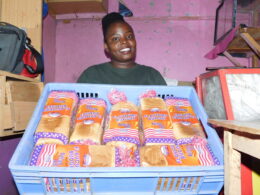For many returnees, the journey to restablish themselves back home is rife with economic precarity and social stigma

Nanjala, a single mother of two, Left Kenya for Dubai in 2018 after struggling financially to provide for herself and the youngest child. Through a community member, she was referred to an employment agency which secured a job for her in Dubai as a domestic worker. She stayed with the first employer for one month and eventually moved to another employer, a Lebanese citizen based in Dubai. After working for 4 months, together with her employer they went for a visit in Lebanon where she fell ill (hypertension) and was in coma for a month. Upon waking up, her employer had returned back to Dubai, abandoning her with her belongings at the hospital.
With no savings and in a new country, Nanjala relied on well wishers and occasional informal jobs for a year and a half. Following the explosion in Lebanon and the hard economic times related to the pandemic in 2020, many migrant workers especially domestic workers found themselves jobless and living on the streets. One of them was Nanjala who in addition to having no income was pregnant and struggling with poor health. Luckily, a well wisher paid rent for a shelter for Nanjala and four other Kenyan women , paid for their air tickets and one month’s worth of medication for Nanjala.
On 18th August 2020, Nanjala landed back in Kenya. She was at last happy to be home but unfortunately it was also the beginning of another difficult journey of reintegration. At the Airport, the other returnees gave her Kshs 500 and a lift to the City Stadium in Nairobi as they were headed in a different direction from hers. Nanjala had tried to contact her family back in Bungoma but on learning that she was pregnant, they rejected her. Stranded in the city with no accommodation, a request came in Lebanon asking if Send us home Kenya (SUHK) would assist Nanjala. SUHK tried to organise temporary accommodation for her, counseling, medical care and pre-natal care.
In an effort to avoid life struggles in the city, she decided to travel to her village in Bungoma but her family refused to welcome her home.
She was later housed by a well wisher in Nairobi until she gave birth. In an effort to avoid the life struggles in the city, she decided to travel to her village in Bungoma but her family in particular her brothers refused to welcome her home. Her mother was ailing with kidney failure and the family argued that she would be an additional burden. Subsequently she was sent away with her young baby forcing her to return back to Nairobi. SUHK supported her with a stipend of Kshs 6000 which she used to rent a room while other well-wishers supported her with baby clothing and occasional food provisions.
Later she started doing informal jobs such as washing dishes and doing laundry, assisting to cook and serve in small restaurants, just to get some money for survival. Currently, she has been struggling to get money for her basic needs as it is becoming hard to get even the informal jobs. The doctors have advised that she should rest more and avoid stress due to her high blood pressure condition but she is determined to find a job to support herself. With resilience and determination, her hope is to get capital and start a small scale restaurant business that will bring in enough income to support herself and her children.
More stories



